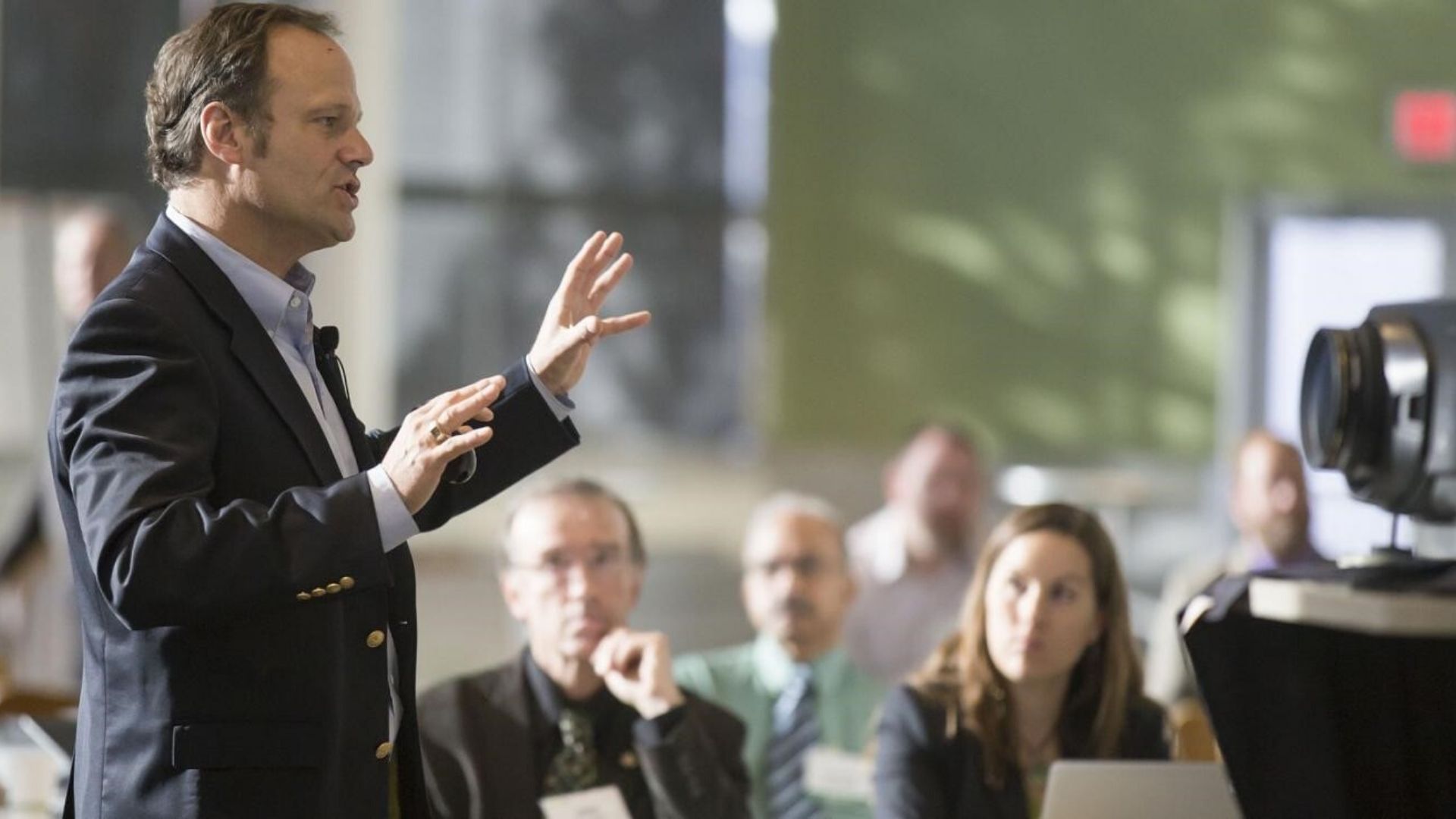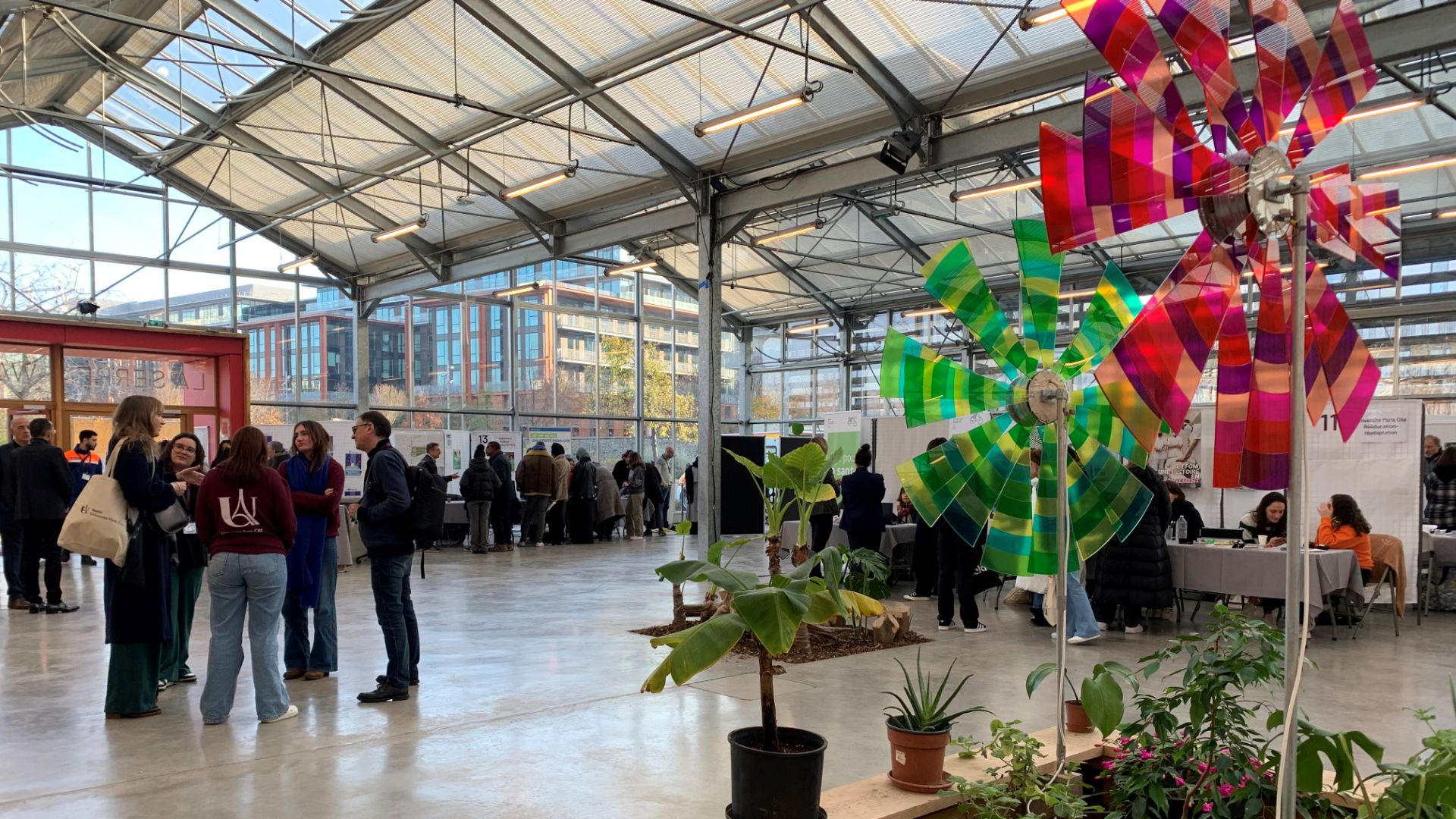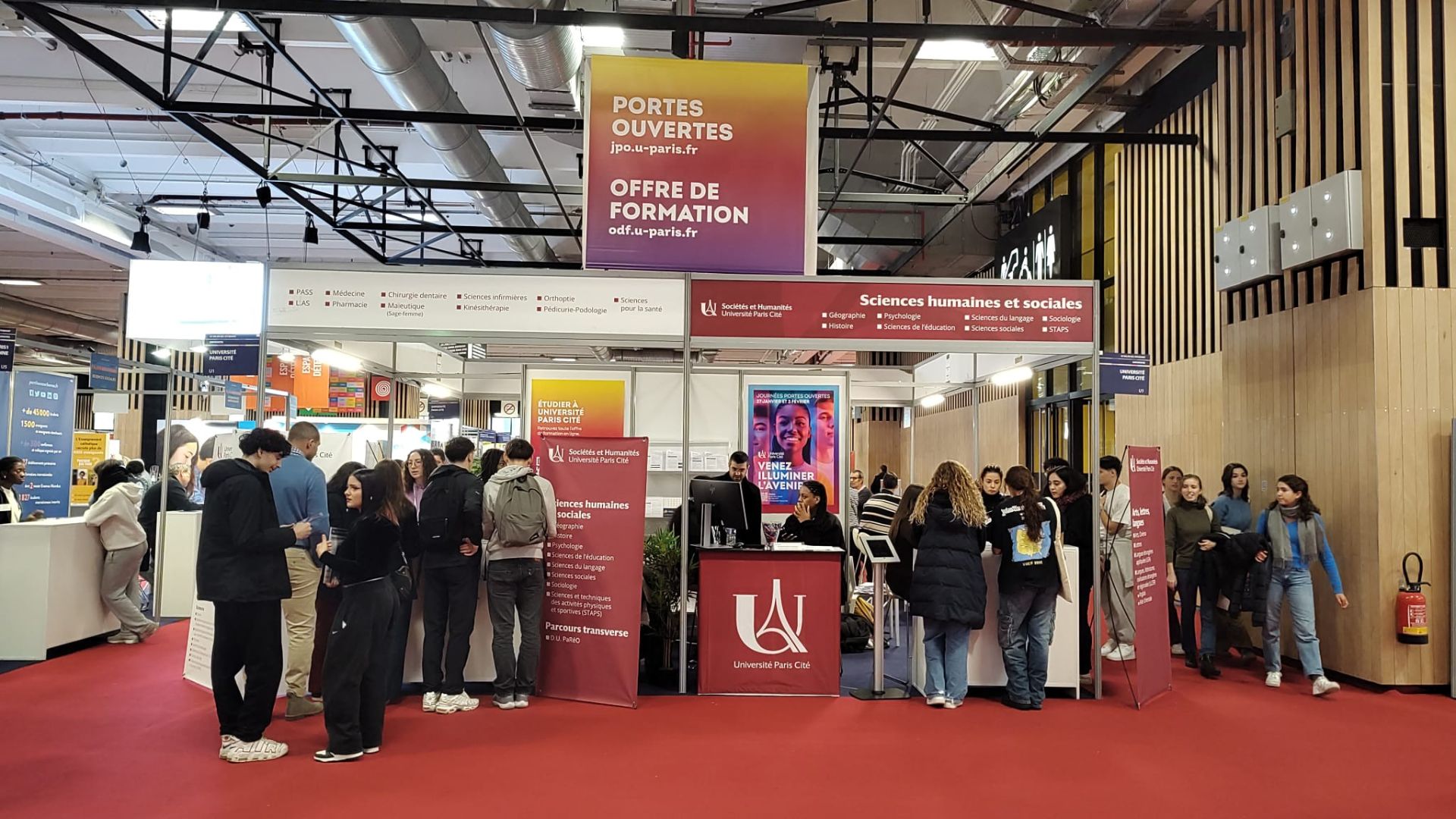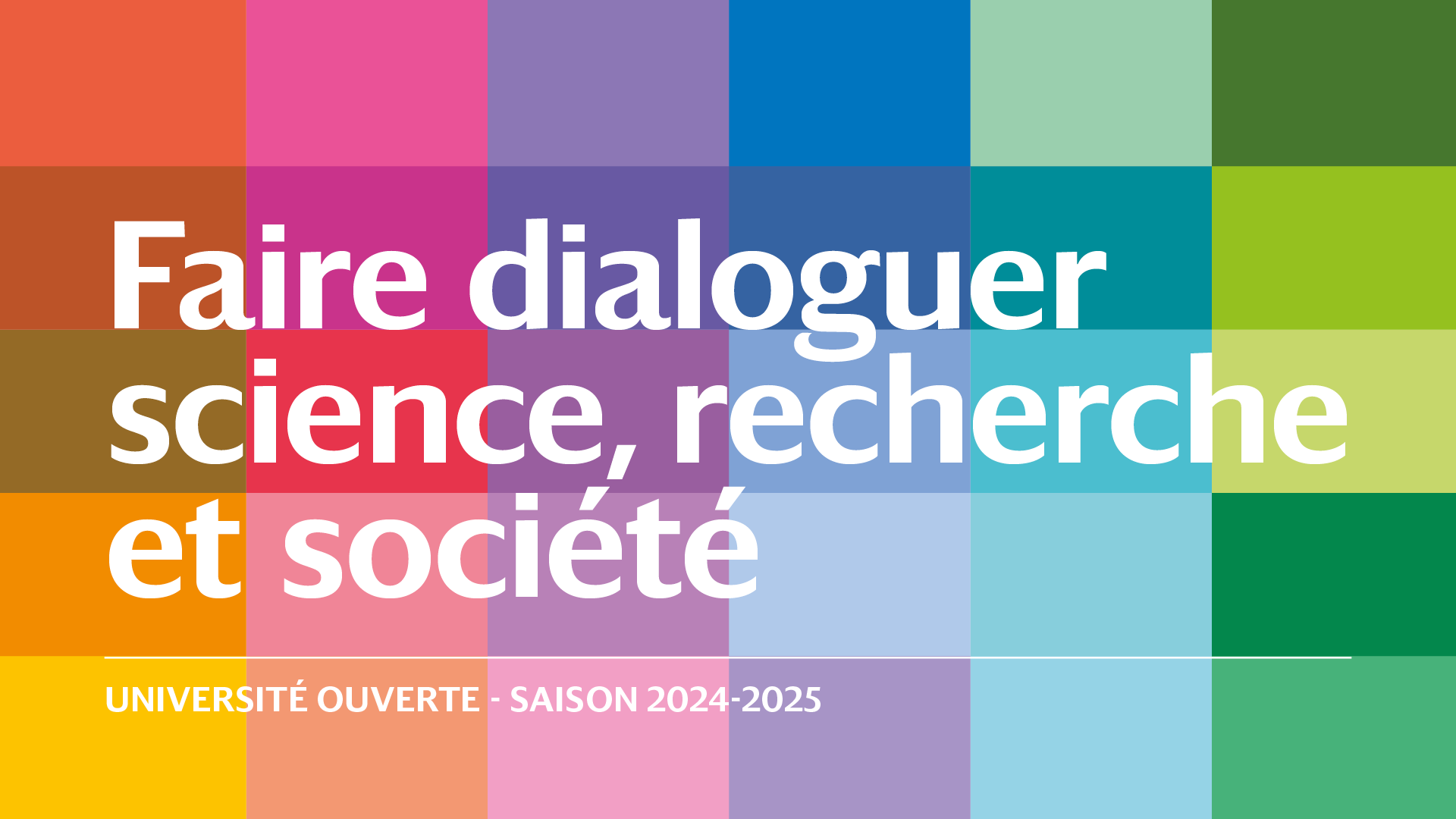ECTS
120 crédits
Niveau d'études visé
BAC +5 (niveau 7)
Durée
2 ans
Langue des enseignements
Anglais
Présentation
The BME-Paris Master is designed to provide a 2-year education program in the field of bioengineering, at the cross-road of biomedical and engineering sciences. It results from a partnership between Université Paris Descartes, Arts-et-Métiers ParisTech and Université PSL.
Based on this unique partnership, this Master is founded on an educational policy that favors interdisciplinarity and students’ initiative as well as international perspective. This policy is supported by the top-level and complementary expertise and know-how of the three partners: engineering sciences in the three engineering schools within PSL (ESPCI Paris, Mines ParisTech and Chimie ParisTech) and Arts-et-Métiers ParisTech, on the one hand, and biomedical and health sciences at Université Paris Descartes, on the other.
Teaching faculty is mostly from the partner institutions. Guest lecturers include hospital clinicians (AP-HP), and researchers from other schools and universities as well as from private companies (e.g. GE Healthcare, Philips Healthcare, Renault, Sanofi, Thalès, Materialise Medical, …).
Learning outcomes
The BME-Paris Master proposes a program of excellence intended for students with a wide variety of backgrounds (biology, chemistry, physics, mathematics, engineering as well as medicine, pharmacy and other health sciences…).
The overarching goals of the Master are:
- to provide students with the knowledge and tools required in a wide range of the biomedical engineering fields;
- to foster a fruitful collaborative spirit between engineering and medical students, that will eventually bridge the existing « culture gap » between the corresponding professions.
While the second year (M2) offers five specialization tracks, the first year (M1) is devoted to strengthening and broadening students’ skills in specific engineering and biomedical subjects. Students are advised in their individual choices of teaching units, to bring them up to date on the fundamental science subjects they may not have acquired through their previous studies (eg physiology and anatomy for engineering students, or signal processing and mechanics for biology or medical students).
This university program is part of Université Paris Cité's Graduate School of Neuroscience, linking master's and doctoral courses with advanced research labs. The Graduate School trains future neuroscientists with a broad approach, covering basic, clinical, and engineering research. Read more >
Objectifs
Our ambition is that through courses, seminars, social events, conferences and collaborative interactions, BIN students will contribute to bridge the gap between basic, clinical, and engineering neuroscience. We believe it is a key issue for both industry and medicine in the 21st century, because of:
- aging of the world population, which will considerably increase the prevalence of neurodegenerative diseases, and more generally of sensory and motor handicaps.
- strong demands from a broadening range of industries, way beyond the biomedical ones, including aviation, automobile, sports, and videogames. There is an increasing need to understand how humans interact with their environments in general and with the new complex working environments of today in particular (human factor). Many industries will thus require engineers with both good engineering skills and basic knowledge of neurophysiology.
- the requirement of integrative methods and concepts, from the behavioral to the molecular level, to understand how the central nervous system functions, and can be repaired and enhanced. The neurosciences thus illustrate well the interdisciplinarity that lies at the heart of biomedical engineering, because they strongly require the collaboration of doctors and engineers, combining many different skills, in optics, electronics, informatics, robotics, physiology, ergonomy, chemistry...
Compétences visées
Scientific skills
- Respect scientific ethics
- Design and develop scientific projects
- Implement a project, define the objectives and context, carry out and evaluate the action
- Conduct and develop scientific and technical projects
- Analyze, diagnose and interpret the results of scientific experiments
- Know how to assess professional risks, implement specific evaluation methods
- Master specific methods and tools
Cross-curricular skills
- Work independently, manage time, self-evaluate.
- Use information and communication technologies.
- Conduct information research, identify access modes, analyze relevance, explain and transmit.
- Write clearly, prepare appropriate communication materials.
- Scientific communication in English.
- Working as a team: integrating, positioning, collaborating.
- Integrate into a professional environment: identify your skills and communicate them.
Programme
La formation se déroule en anglais, à temps plein.
Deux stages de 2 mois obligatoires en Master 1 et un stage de 5 mois obligatoire en Master 2 dans un laboratoire de recherche académique, hospitalier ou industriel.
Sélectionnez un programme
Master 1 Ingénierie de la santé
Open Your Mind seminars
0 créditsScientific thinking and communication
6 créditsLanguages (English or French)
0 créditsMedicine and Science
4 créditsScientific communication
2 crédits
6 UE au choix
24 créditsAu choix : 6 parmi 15
Molecular & cellular biology for engineers
4 créditsFrom molecular to cellular and tisssue biology
4 créditsAnatomy & physiology for engineers
4 créditsMathematics I : A mathematical introduction to data analysis
4 créditsMathematics II : Applied Mathematics for biological systems
4 créditsComputer programming
4 créditsBioMedical modeling
4 créditsBiological modeling and dynamical systems
4 créditsPhysics for bioImaging I
4 créditsPhysics for bioImaging II
4 créditsMechanics I : Basics in deformable solid mechanics
4 créditsMechanics II : Continuous media mechanics
4 créditsChemistry for engineers
4 créditsSupramolecular chemistry
4 créditsChemical engineering of nanoparticles for therapy and diagnostic
4 crédits
Scientific writing
3 créditsEthics and Patents
3 créditsBioTech FabLab projects
12 créditsInternship
12 crédits
Open Your Mind seminars
0 créditsScientific thinking and communication
6 créditsLanguages (English or French)
0 créditsMedicine and Science
4 créditsScientific communication
2 crédits
6 UE au choix
24 créditsAu choix : 6 parmi 15
Molecular & cellular biology for engineers
4 créditsFrom molecular to cellular and tisssue biology
4 créditsAnatomy & physiology for engineers
4 créditsMathematics I : A mathematical introduction to data analysis
4 créditsMathematics II : Applied Mathematics for biological systems
4 créditsComputer programming
4 créditsBioMedical modeling
4 créditsBiological modeling and dynamical systems
4 créditsPhysics for bioImaging I
4 créditsPhysics for bioImaging II
4 créditsMechanics I : Basics in deformable solid mechanics
4 créditsMechanics II : Continuous media mechanics
4 créditsChemistry for engineers
4 créditsSupramolecular chemistry
4 créditsChemical engineering of nanoparticles for therapy and diagnostic
4 crédits
Scientific writing
3 créditsEthics and Patents
3 créditsBioTech FabLab projects
12 créditsInternship
12 crédits
Master 2 Ingénierie de la santé - Parcours : BIN
Open Your Mind seminars
0 créditsInterdisciplinary week
3 créditsNeuroscience Refresher/Primer
3 créditsA window into the mind : new technologies to explore and stimulate the brain
3 créditsSensory Supplementation
3 créditsMotor supplementation and Human Machine Interface
3 créditsDetection of Vigilance States and Communication with the Environment
3 crédits4 UE au choix
12 créditsAu choix : 4 parmi 12
From real to artificial neurons, and back
3 créditsDeep learning and neurocomputational projects
3 créditsMiniaturisation for neuroscience
3 créditsDrug design for neurological diseases
3 créditsMovement analysis and locomotion
3 créditsResearch Methodology
3 créditsQuantification for Neuroimaging
3 créditsMachine Learning for Bioimaging
3 créditsPrinciples of Tissue Engineering
3 créditsMuscular System Modeling
3 créditsAn introduction to Virtual Reality and Augmented Reality in the biomedical field
3 créditsMastering Virtual reality and Augmented Reality
3 crédits
Research Internship
26 créditsBusiness Plan Workshop
3 créditsEthical Aspects of Biomedical Engineering
1 crédits
Stages et projets tutorés
OUI
Contrôle des connaissances
Les modalités de contrôle des connaissances (MCC) reposent sur des schémas classiques d’évaluation pour les UEs : examen terminal écrit ou oral, contrôle continu ou mixte. Certaines UEs incluent à la fois des examens oraux et écrits.
Pour connaitre le détail des modalités de contrôle des connaissances et compétences, nous vous invitons à prendre contact avec l’UFR (voir le lien en savoir+)
Aménagements particuliers
Admission
Public cible
Etudiants français et étrangers titulaires d’une licence ou d’un Master scientifique, étudiants en médecine ou en pharmacie, élève ingénieurs.
Conditions d'admission
Conditions to apply for the 1st year of our master’s program (M1)
- having obtained or being in the process of validating a Licence 3 or a Bachelor’s degree in science (particularly, but not restricted to, life and health sciences, engineering, chemistry, physics, mechanics, mathematics, computer science).
- being a physiotherapist or a 4th year student in a physiotherapist school
Conditions to apply directly for the 2nd year of our master’s program (M2)
- For students in science or engineering:
- having obtained or being in the process of validating a Master 1
- having obtained or being in the process of validating a Master’s degree
- being a 3rd year student in an engineering school or
- being a 2nd year student in an engineering school (particularly Arts et Métiers ParisTech, Mines Paris Tech, Chimie ParisTech and ESPCI Paris) affiliated with the Master BME Paris program for a double diploma
- being a 2nd year student at ENS Paris
- For students in health science (medical, pharmacy or dental schools):
- being a 3rd year student in the Medicine-Science or Pharmacy-Science program at University Paris Descartes or at l’Ecole de l’Inserm Liliane Bettencourt
- being an intern or Doctor of Medicine (MD), Pharmacy (Pharm.D), Dental Surgery (DDS) or Dental Medicine (DMD)
For physiotherapists or 4th year students in physiotherapist schools: you can apply directly for the M2 only if you are able to prove that you attended an additional research oriented curriculum (formation complémentaire à et pour la recherche)
Pré-requis
C1 level in English (TOEIC, TOEFL, …).
Modalités de candidature
Retrouvez toutes les informations relatives aux modalités de candidature ici.
Des modalités de candidatures spécifiques peuvent s’appliquer au public de formation professionnelle. Plus d’informations ici.
Link to apply: http://bme.biomedicale.parisdescartes.fr/apply/
In preparing your application, please include the followings:
All higher education grade transcripts and diplomas (with French or English translations, if originals are in another language), two recommendation letters (in French or in English), resume and motivation letter (both in English), and proof of at least a C1 level in English (TOEIC, TOEFL, …).
Droits de scolarité
Les droits d'inscription nationaux sont annuels et fixés par le ministère de l'Enseignement supérieur de la Recherche. S’y ajoutent les contributions obligatoires et facultatives selon la situation individuelle de l’étudiant.
Des frais de formation supplémentaires peuvent s’appliquer au public de formation professionnelle. Plus d’informations ici.
Liens utiles
Et après ?
Passerelle
Passerelle vers médecine, pharmacie ou odontologie
Insertion professionnelle
Taux insertion professionnelle 100%
*Enquête du MESRI sur les diplômés 2019, 30 mois après obtention du diplôme.
|
Effectif des diplômés |
Effectif des répondants |
Taux de réponse |
Part des diplômés en formation initiale |
Part des diplômés en formation apprentissage |
Part des diplômés en formation continue |
|
7 |
4 |
57% |
100% |
- |
- |
|
Part des cadres et des professions intermédiaires |
Part des emplois stables |
Part des emplois à plein temps |
Part des emplois en adéquation avec le niveau d'études |
Part des emplois en adéquation avec la formation suivie |
|
100% |
25% |
100% |
- |
100% |
Débouchés professionnels
Opportunities
- PhD in a field related to the M2 track followed by the student, in academia or jointly with a company (CIFRE PhDs).
- R&D positions in large companies or startups, in almost all activity biomedical and biotech sectors.
- Continuing medical or pharmacy school, or accessing it (« passerelle »), in either 2nd or 3rd year.
Business programs in biotech management (ESCP, EM Lyon / Centrale Supelec…)
Référentiel
Référentiel RNCP
34075
International
Mobilité internationale
Mobilité entrante importante. La part des étudiants internationaux représente 59,4% des effectifs en M1 et 29,2% de ceux de M2 (statistiques sur 2012-2017).
Mobilité sortante pour le stage de M1 ou de M2.
Convention avec l’université d’Hangzhou Dianzi (Chine) : formation délocalisée au niveau M1.
Contacts
Dernière mise à jour le 30 novembre 2023
A lire aussi
Développer des compétences en vulgarisation est une nécessité pour pouvoir rendre les résultats de la recherche accessibles au plus grand nombre. Engagée dans la diffusion des connaissances et le dialogue Science-Société, l’université Paris Cité a mis en place, à la rentrée 2024, une offre structurée pour permettre aux enseignants-chercheurs et aux doctorants de l’université de se former à la vulgarisation.
Les 8 et 9 novembre prochains, les élèves du secondaire de Seine-Saint-Denis et leurs familles auront l’opportunité de découvrir la richesse et la diversité des métiers de la santé et des carrières scientifiques. Ce forum, organisé pour la deuxième année consécutive, s’inscrit pleinement dans le cadre du projet de Cordée de la Réussite interacadémique de l’université Paris Cité.
Du vendredi 15 au dimanche 17 novembre 2024, l’université Paris Cité sera présente au Salon européen de l’éducation dédié à l’orientation des jeunes publics.







